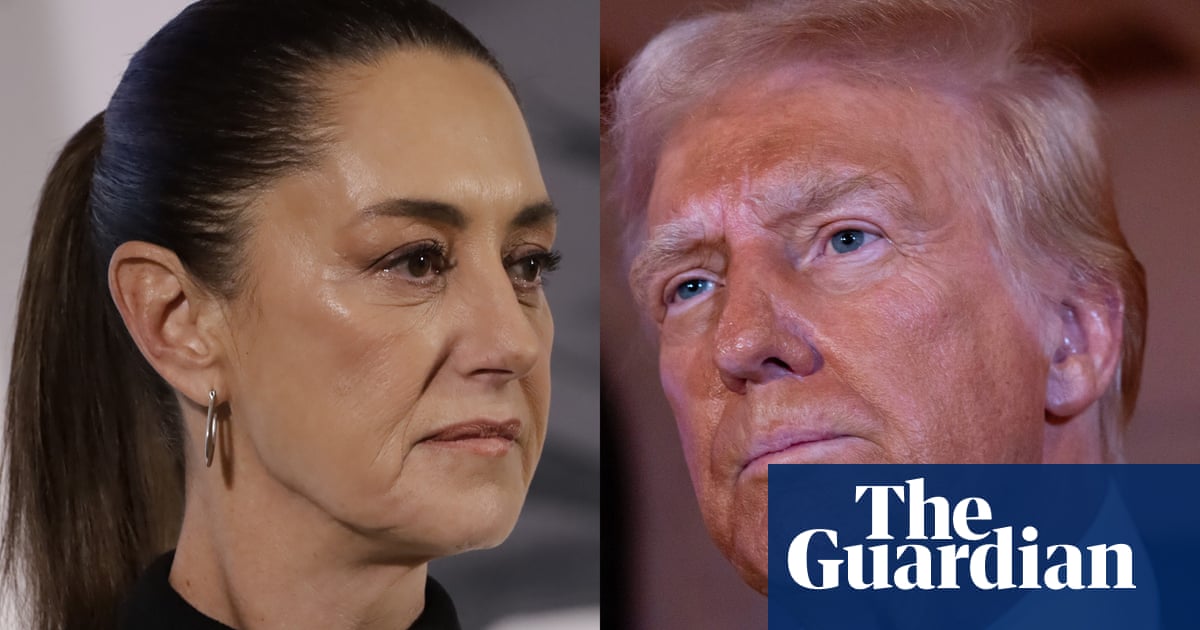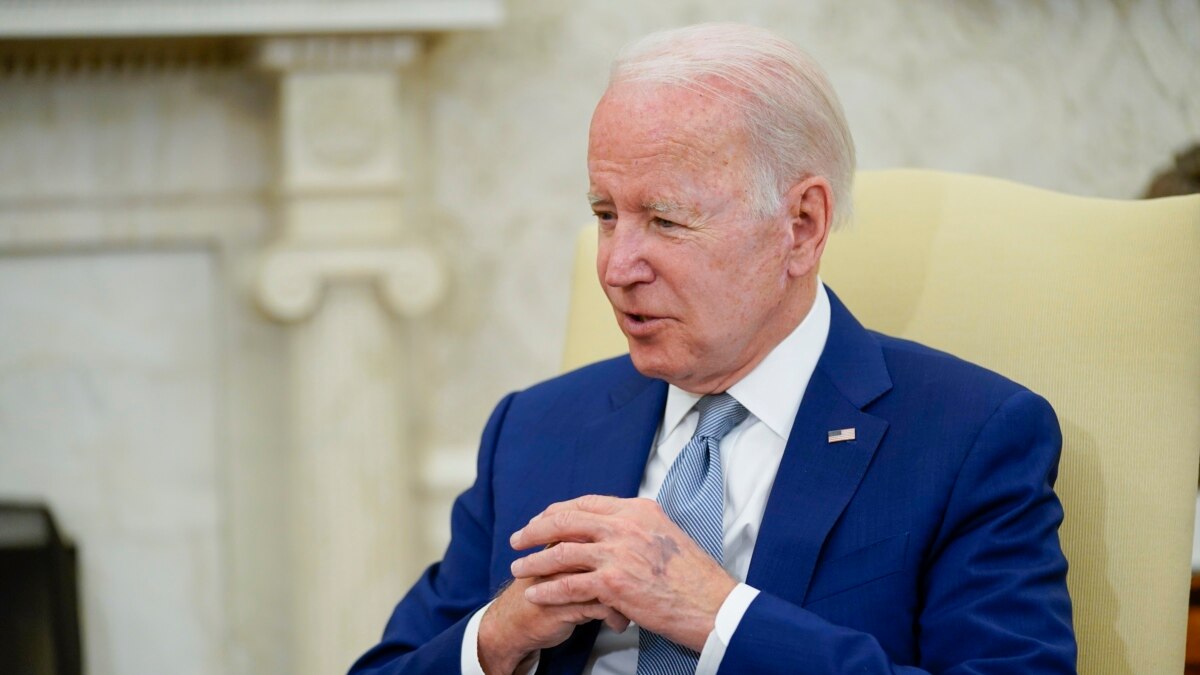Veteran prosecutor Ron Freitas, who is running for San Joaquin County district attorney in California, excluded a Black juror on the basis of his race during a 2000 trial, according to a federal judge’s findings reviewed by HuffPost.
The case involved two men, Alonzo Deon Johnson and Darryl Thompson, who were convicted of shooting at an occupied motor vehicle. With gun- and gang-related enhancements, they were sentenced to 14 and 15 years in prison, respectively. After the trial, both men challenged the legality of their imprisonment in federal court, accusing Freitas of improperly excluding Black people from their jury.
In 2009, U.S. Magistrate Judge John Moulds partially sided with the two men, finding that Freitas had removed one prospective juror because of his race, a form of prosecutorial misconduct known as a “Batson violation.” That finding later resulted in Johnson’s and Thompson’s convictions being vacated.
Freitas will face incumbent District Attorney Tori Verber Salazar, a progressive prosecutor, in a primary election on June 7. Salazar made headlines in 2020 when she left the California District Attorneys Association over its opposition to criminal justice reform measures and aligned herself with high-profile progressive prosecutors George Gascón of Los Angeles and Chesa Boudin of San Francisco.
Like many prosecutors who pursue reforms, Salazar has faced internal backlash from some prosecutors in her office, including Freitas, who has accused her of handing out “‘get out of jail free’ cards.” In a recent interview, Freitas said that as district attorney, he would work to keep people in prison by using gang and weapon enhancements to lengthen sentences and opposing individuals’ efforts to get released by the parole board, which already rarely grants releases. Gang enhancements in California are disproportionately applied to Black and Latinx defendants.
“Our system of justice must be color-blind, but if Ron Freitas is elected it will cast a shadow over every prosecution involving a person of color,” Bobby Bivens, president of the Stockton branch of the NAACP, said in a statement last week.
On Tuesday, Salazar asked California Attorney General Rob Bonta to launch an investigation into whether Freitas failed to meet his ethical obligations by not self-reporting the Batson violation finding and whether he could continue to serve as a prosecutor.
“I am … concerned that scores of convictions may be tainted by his bias and subject to being overturned, and that potentially dangerous individuals may be released as a result. Indeed, a member of the defense bar recently filed a bar complaint and formally requested that the cases he presided over be reviewed,” Salazar wrote.
Asked to comment on the finding that he violated the Constitution by excluding a Black juror, Freitas accused Bivens, the head of the local NAACP, of doing a “hatchet job for his favorite candidate” days before the election. Freitas cited lower court decisions that did not find evidence of a Batson violation, which were later reversed in federal court. He promoted his work on the Lodi Unified School Board “making sure all minorities and all kids excel.”
After his first phone call with this reporter, Freitas called back and asked, “Who is George Ford?” a snide reference to a typo in the Stockton NAACP press release, which mentioned the two-year anniversary of the killing of George Floyd. “It seems pretty sloppily thrown together,” Freitas said of the press release.
The term “Batson violation” comes from the landmark 1986 Supreme Court ruling in Batson v. Kentucky, which found that excluding jurors on the basis of their race or gender violates the equal protection clause of the Constitution.
In 2019, the Supreme Court threw out the death sentence of Curtis Flowers, a man who has always maintained his innocence, after finding that the prosecutor violated his constitutional rights by intentionally removing Black people from the jury in one of Flowers’ trials.
Despite these high-profile cases, it’s extremely rare for allegations of Batson violations to be upheld in court. During jury selection, both the defense and the prosecution are allowed a set number of “peremptory challenges” — the ability to remove a prospective juror from the pool of candidates without giving a reason. Peremptory challenges motivated by discriminatory reasons are not allowed — but because people rarely admit to discriminatory motivation, Batson claims are hard to prove. Moreover, judges may be hesitant to accuse a prosecutor they work with frequently of discriminatory intent.
In the case with Johnson and Thompson, who were tried together, Freitas used peremptory challenges against three Black prospective jurors, resulting in a jury with no Black people. After exhausting their appeals in state court, Johnson and Thompson sought federal habeas corpus, a process where a federal court reviews the legality of a person’s incarceration.
Moulds, the U.S. magistrate judge, held an evidentiary hearing in which he asked Freitas to explain why he excluded the three Black prospective jurors. Moulds also compared the people who sat on the jury to the prospective Black jurors who were struck to see if Freitas’ stated reasons for excluding the Black people fell apart upon closer examination.
Moulds ultimately found that Freitas had “legitimate, race-neutral reasons” to challenge two of the Black prospective jurors — but that his challenge of the third was based on race. Freitas’ stated concerns about the third juror, described only as Mr. Jones, “were a pretext for eliminating him from the jury on account of his race,” Moulds wrote in a 31-page description of his findings.
Moulds recommended that Johnson and Thompson be released from custody unless the state moved quickly to start a retrial. Recommendations from magistrate judges go to district judges, who are typically deferential to the magistrate judge’s recommendation. But in this case, U.S. District Judge John Mendez disagreed with Moulds, finding that Freitas had a “race-neutral” basis for striking Mr. Jones.
Johnson and Thompson appealed, and in 2011, the U.S. Court of Appeals for the 9th Circuit found that Mendez had erred in rejecting Moulds’ finding of a Batson violation without holding his own evidentiary hearing to observe whether Freitas’ claims were credible. The 9th Circuit vacated Mendez’s order and directed Mendez to either adopt Moulds’ recommendation or conduct a new evidentiary hearing. Mendez declined to hold another hearing and instead granted habeas relief. The state declined to retry Johnson or Thompson.
Batson claims “are rejected a lot in state court all over the country, because it’s very difficult to make that kind of challenge and to prove it. But it’s a little different when it gets to federal habeas,” David Porter a federal defender who represented Johnson and Thompson, said in an interview.
“That’s one of the perks of federal habeas — it’s the chance to review decisions of local courts that make these decisions on the fly during proceedings that are going very quickly,” Porter said. “It’s a check on the system that is done very carefully.”






